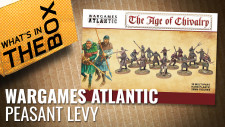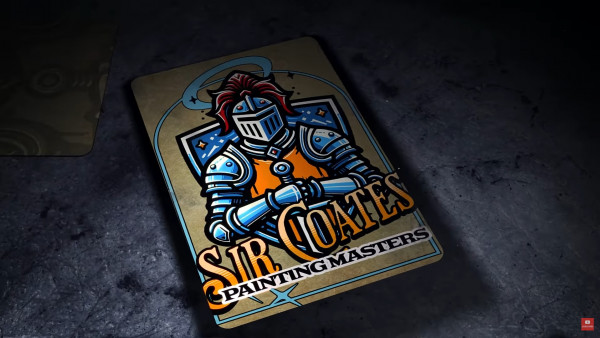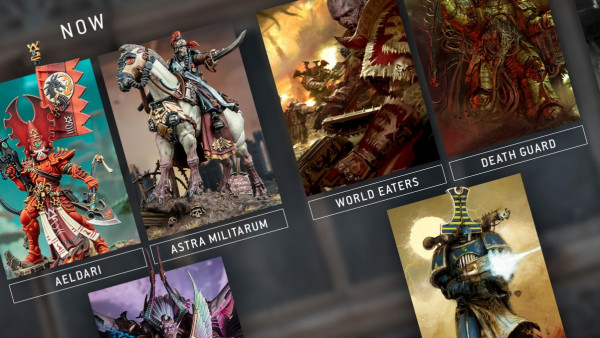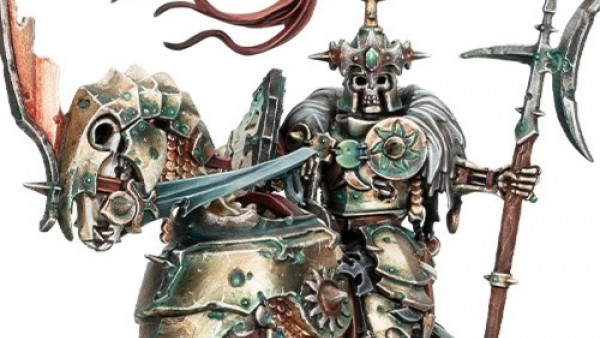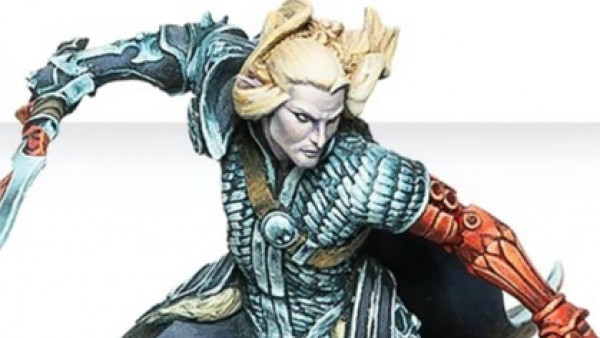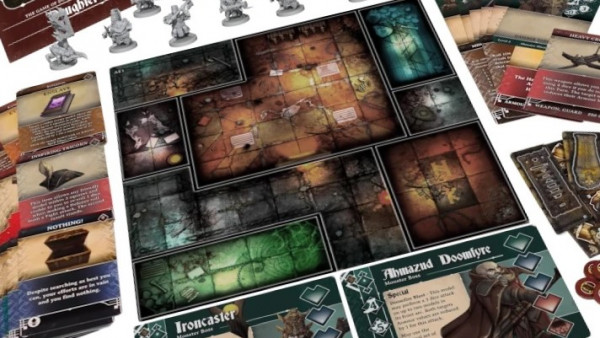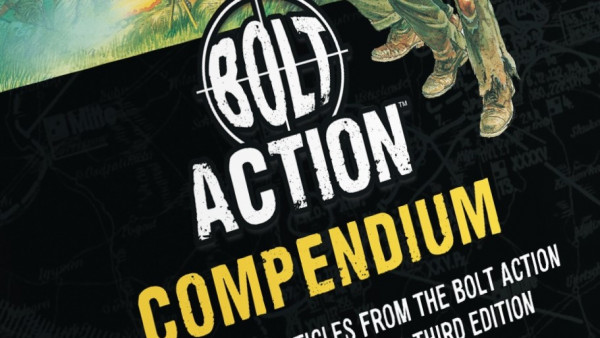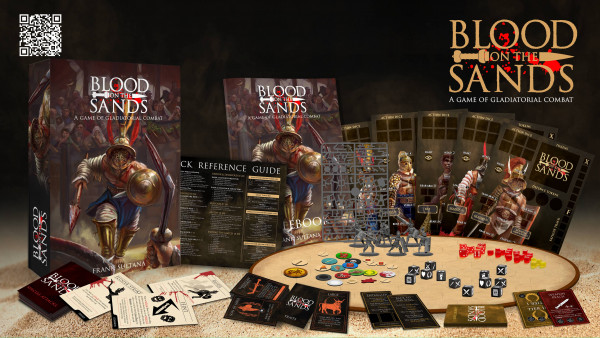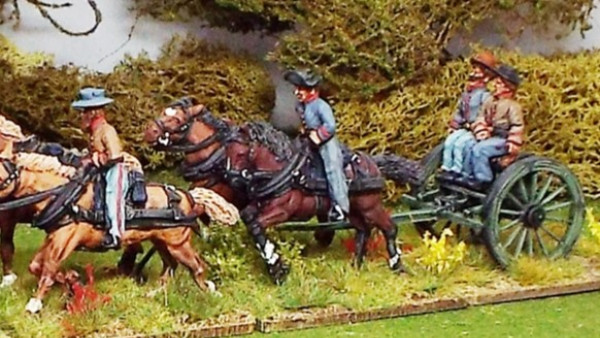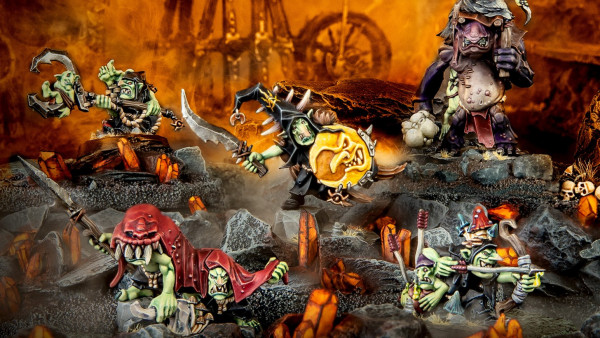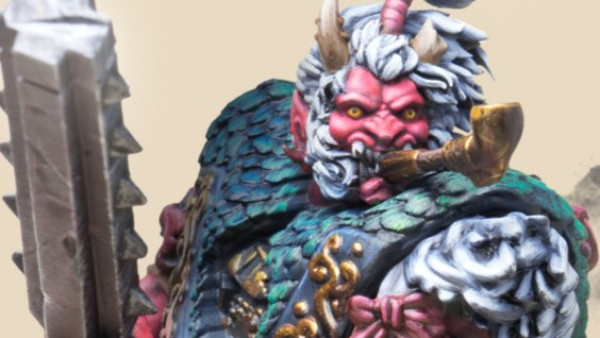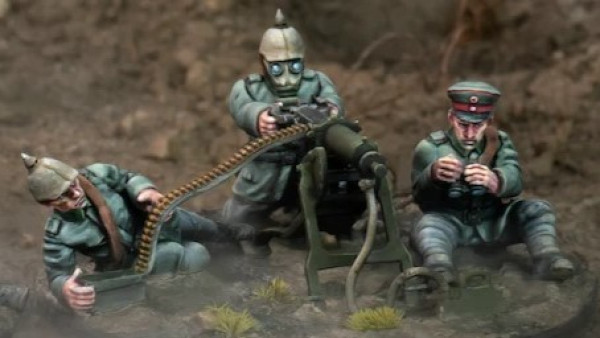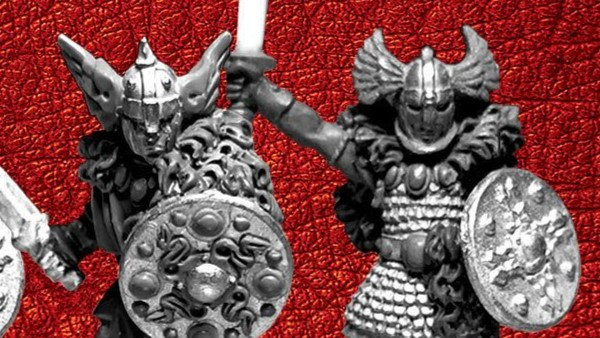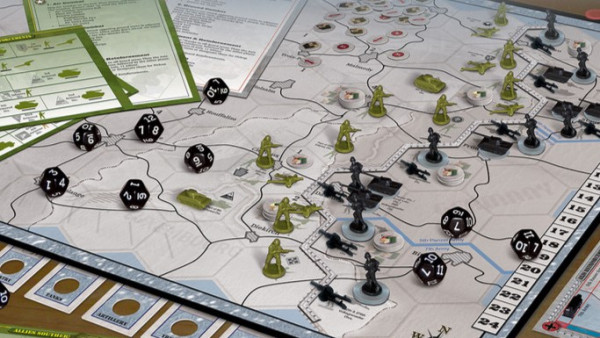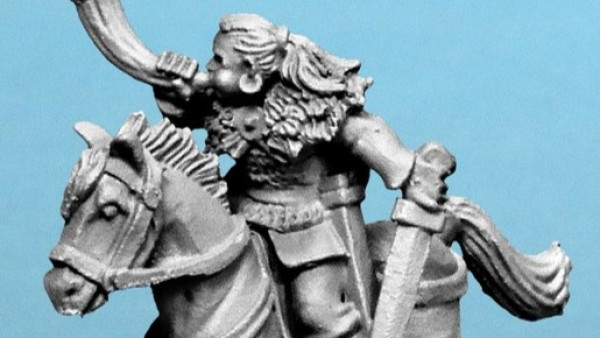Home › Forums › News, Rumours & General Discussion › The King – NETFIX › Reply To: The King – NETFIX
Degree in Medieval History finally of use! <cracks knuckles>
As a piece of entertainment it’s not bad but there are SO many inaccuracies.
– Henry as a drunken, wayward youth? It’s how he appears in Shakespeare to make him sound more of a man-of-the-people but in truth he was an Oxford educated aristocrat who from an early age knew the importance of service. He fought in Wales, he spent time in Ireland. He knew how rough the world was and how tough you needed to be to succeed.
– Falstaff – we all know him to be an amalgam of several real people but was for the most part a plot device of Shakespeare’s. There was a real bloke and veteran of war Sir John Fastolf and a rebellious Lollard named John Oldcastle (a proto-Protestant reformer so to speak) who MAY have had a connection to the young Henry but that is a very highly debated.
– Hotspur. Henry spent a lot of time in Wales putting down rebellions against his father, and while it’s likely they butted heads, the relationship was nothing as depicted. Henry LED the army against Hotspur, and while it’s unlikely he killed him with his own blade (artistic license again) he did take an arrow to the face that nearly killed him. Left him permanently scarred at any rate but served as a permanent reminder to his men that Henry was not above getting stuck in himself. The core of companions he made in his early days in Wales followed him throughout his career, one of the more famous (or infamous) being Davy Gam who was quite a ruthless Welshman who loyally followed Henry all the way to his death at Agincourt.
– Unwillingness/unfitness to rule – total horse shit. When his father took ill, Henry ran the government for the best part of 18 months with his uncles. When the King recovered he had him kicked off the council, partly out of anger as to how policy had so drastically shifted in favour towards war with France (making Henry, not his father the aggressive expansionist) but also because the young Henry was now a viable alternative. Young, dynamic, enthusiastic, intelligent and willing to put himself in harms way? In a world of manly men doing manly man things he was the real deal. He was a threat.
– Presentation of King Charles – not to disrespect anyone here who’s French, but this bloke was absolutely crackers. Rare moments of lucidity but on the whole a fair few slices short of a loaf. Lot of speculation that he may have suffered from Porphyria, which is actually the same illness that King George had (he was after all a descendent).
– Siege of Harfleur – far more vicious than depicted. Was also the scene of the mass deployment of gunpowder weaponry (something I would have loved to have seen), the English used large numbers of bombards supported by more traditional siege engines and works. The fight was brutal and bitter, siege trenches, mud – the French had managed to block a bridge and flood much of the ground in front of the city, took ages to shift the defenders and dismantle the dam and drain the floods away. Constant trench raids, slopping about in the mud led to disease (particularly dysentery). The town fell but took such a large part of the army with it, Henry was left with few choices but to cut the campaign short. Harfleur was of enormous strategic importance mind you, it would act as a lynchpin to any campaign against Paris itself. Normandy had to fall if the King was to march on Paris, and England desperately needed a reliable foothold. It’s why they kicked all the occupants out and recolonised it with English. As his rightful subjects however, Henry did give the townsfolk safe passage and money provided they buggered off elsewhere.
– Why Agincourt? Something you learn about the many wars between England and France is the importance of the chevauchée. Medieval warfare mostly consisted of sieges, you didn’t really see all that many massive pitched battles as they were often too risky. Piecemeal gains taken by local forces (supported by detachments of mercenaries or crown troops) were often times more sustainable. Taking a castle or town required time and resources, but if you didn’t have that, the next best thing was to bottle up your opponent behind their walls then burn and raid as far as you could to undermine their rule. Feudal society was built on strength as much as it was built on right, if you couldn’t defend your peasants then why should they fight for you? Why should the King continue to suffer having you as one of his nobles if you can;’t even defend your own lands? The Agincourt campaign was meant to be a show of strength, look here – Charles can’t defend you, I’m too powerful. Why fight for him when he won’t fight for you? Came as a shock however when the French moved much faster than expected. You have to remember that feudal armies of the time had an elite core of knights but by and large, the bulk of the army would be the peasantry. The peasants would have to be rounded up, armed, then force-marched to the field making movement slow. Agincourt was different, being able to leave the peasants behind the knights moved much faster. They had however lost invaluable arrow fodder for the fight to come.
-Weapons and armour, enough said about that so I won’t bother.
– Death of Thomas occurred towards the end of Henry’s reign, not circa 1403 as depicted in the film . Tow brothers got on, Thomas was left in command of the English army in France after Henry went home for a bit after his marriage to the Princess Catherine. Thomas actually died leading a cavalry charge against a Franco-Scottish force in Maine (lots of Scots mercenaries fought for the French). Rather than wait for his archers, he saw that the enemy was unprepared so launched a do-or-die cavalry charge. Sadly, it failed – but it goes to show he was as headstrong and as fierce as his brother…
Not a bad film, like I say, but if you’re thinking of using this as an educational piece then oh my god no. Much better off watching this:





























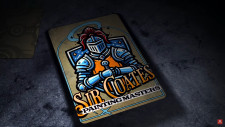

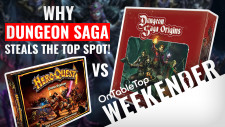
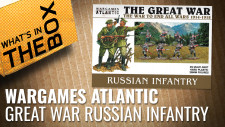


![TerrainFest 2024! Build Terrain With OnTableTop & Win A £300 Prize [Extended!]](https://images.beastsofwar.com/2024/10/TerrainFEST-2024-Social-Media-Post-Square-225-127.jpg)
